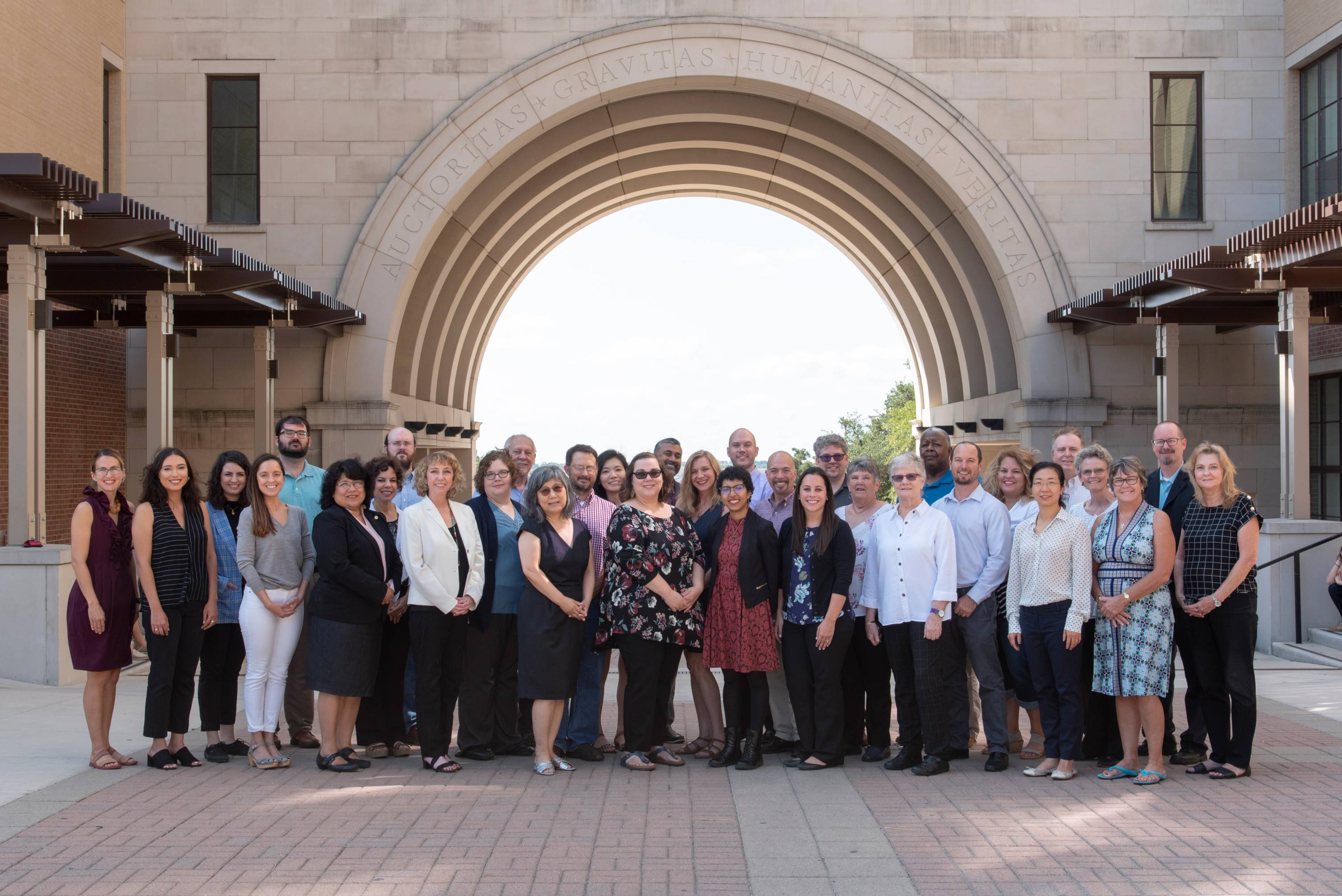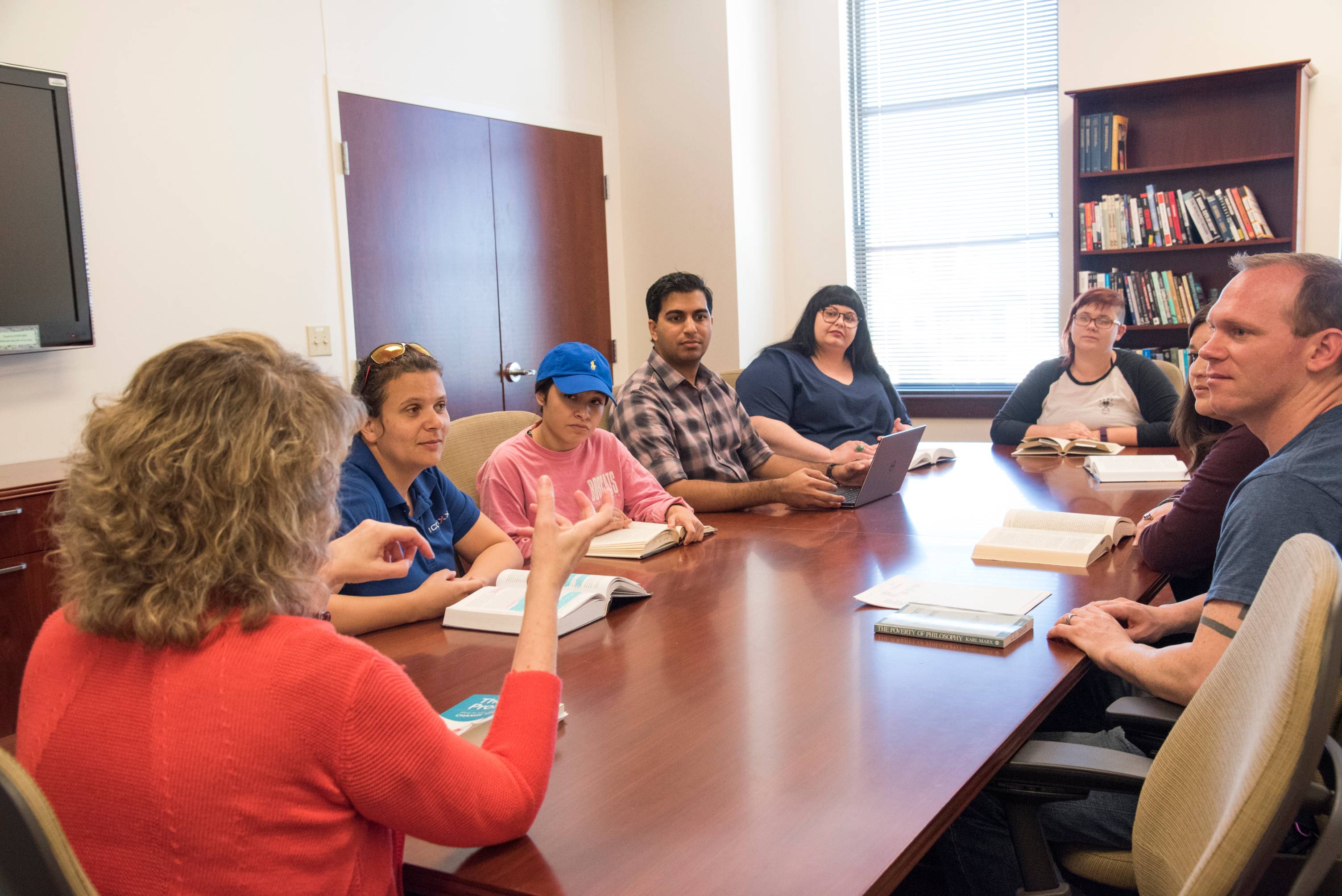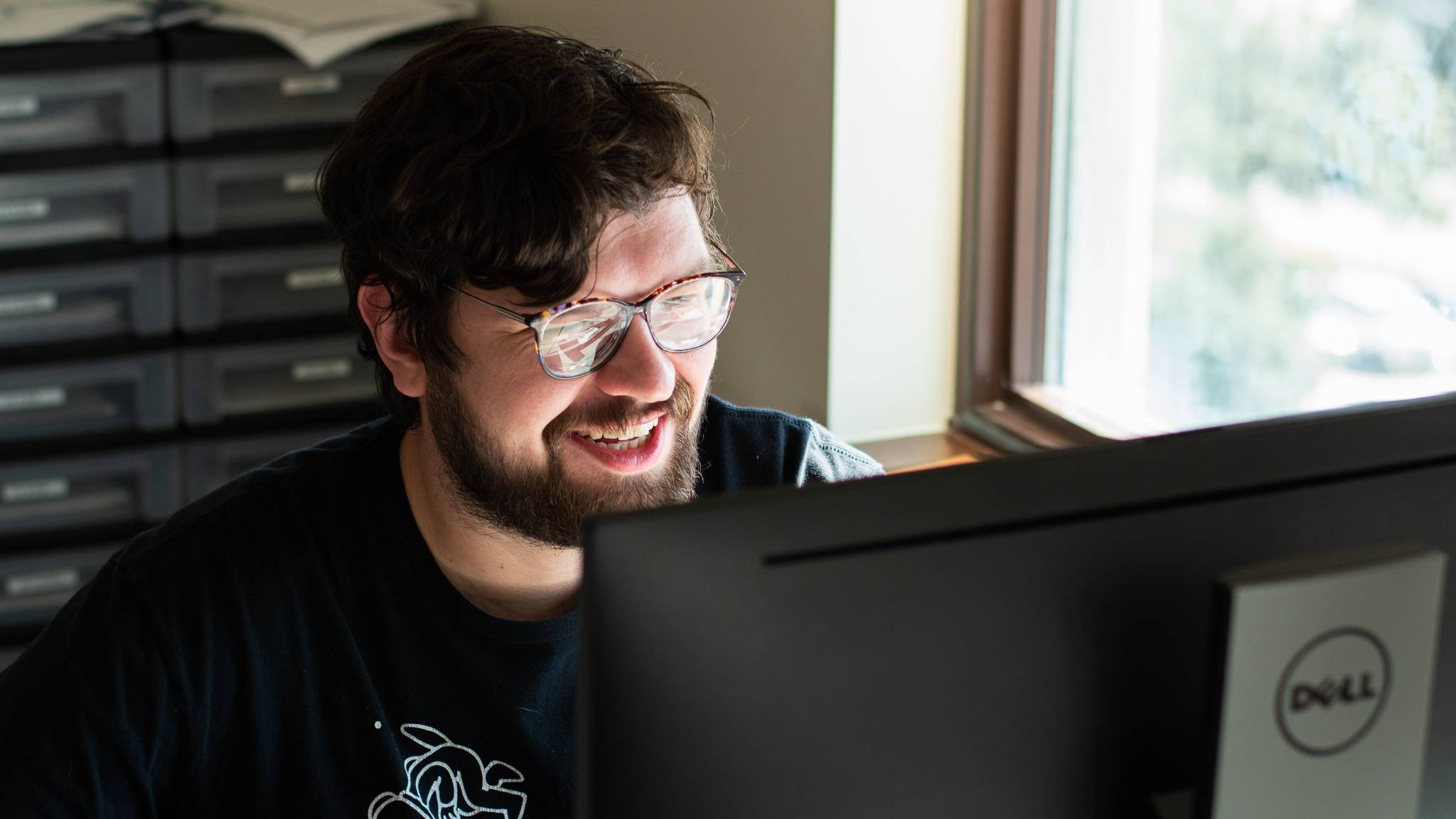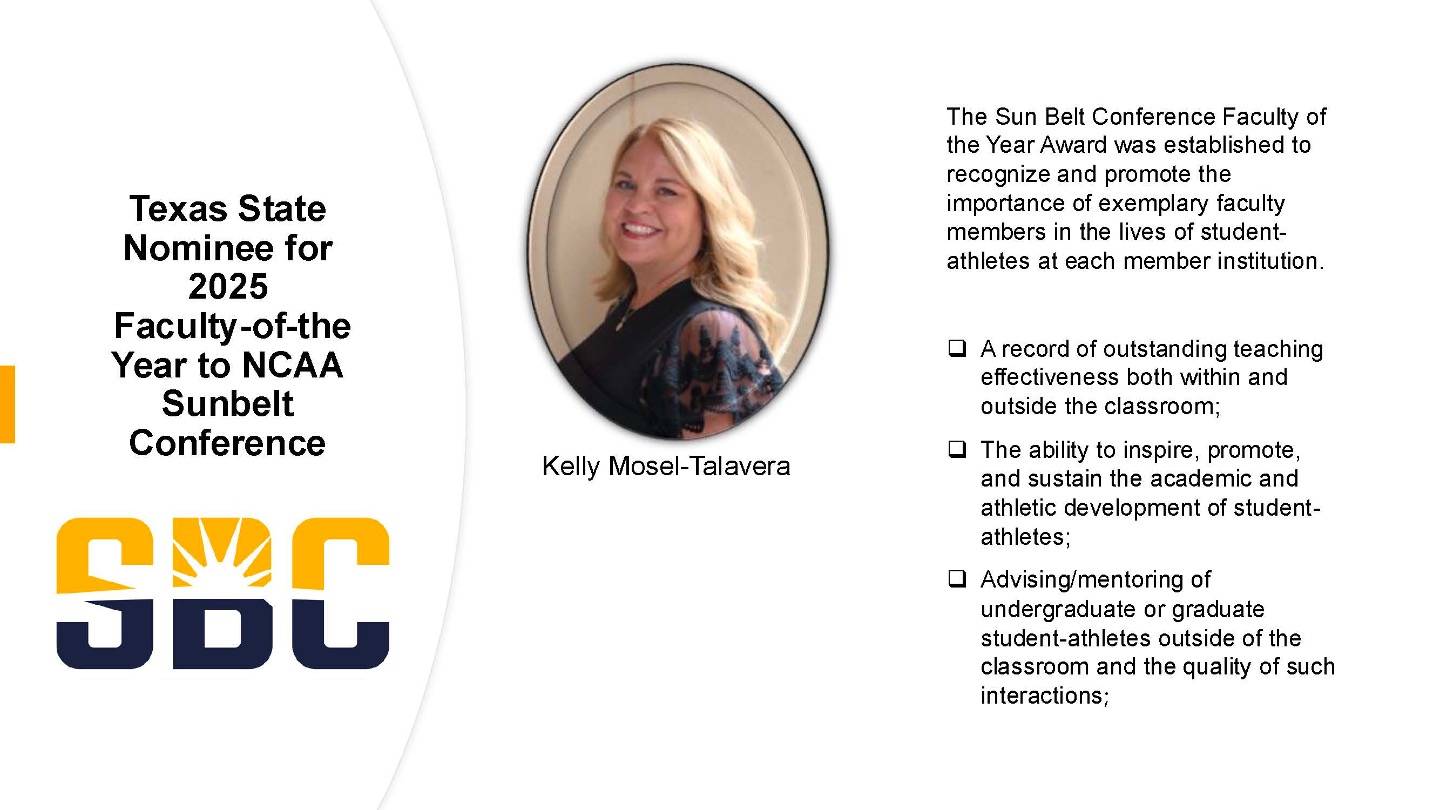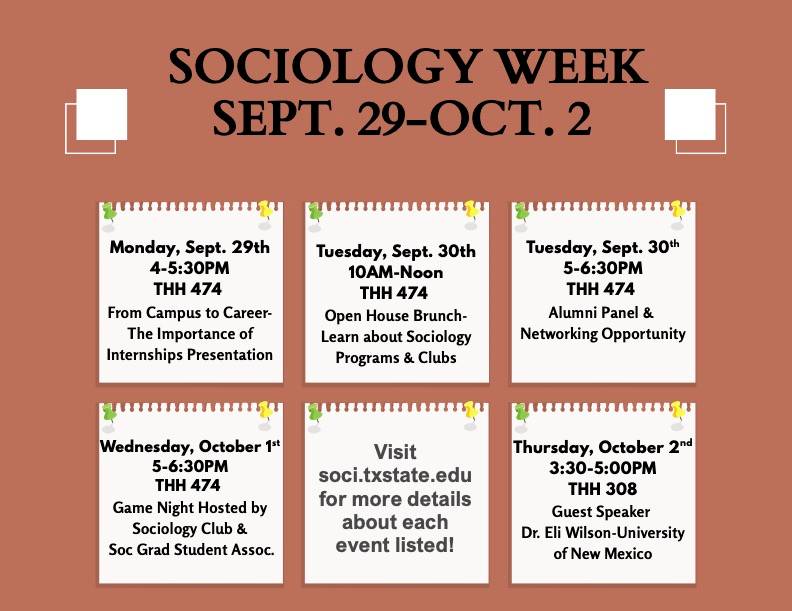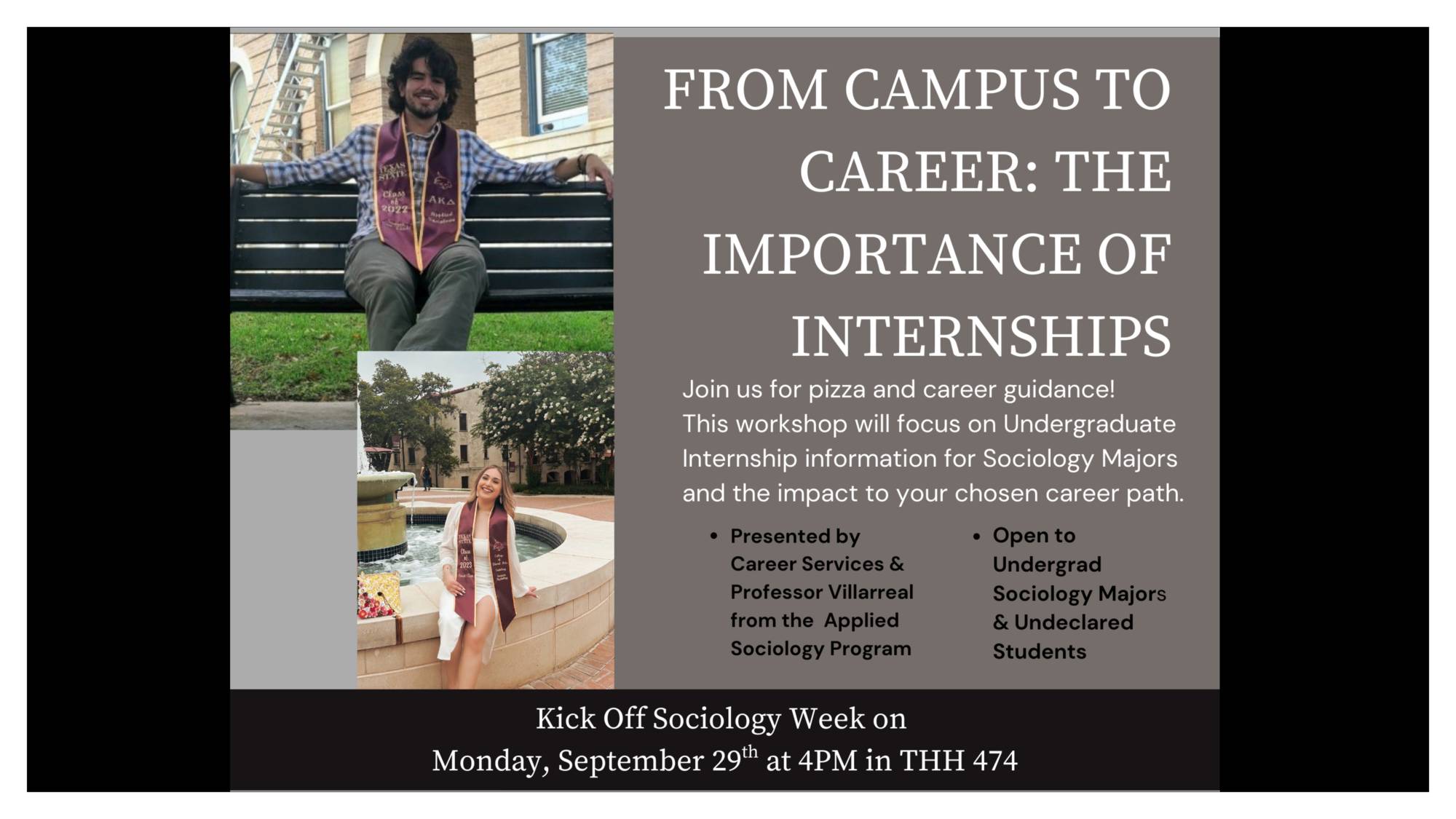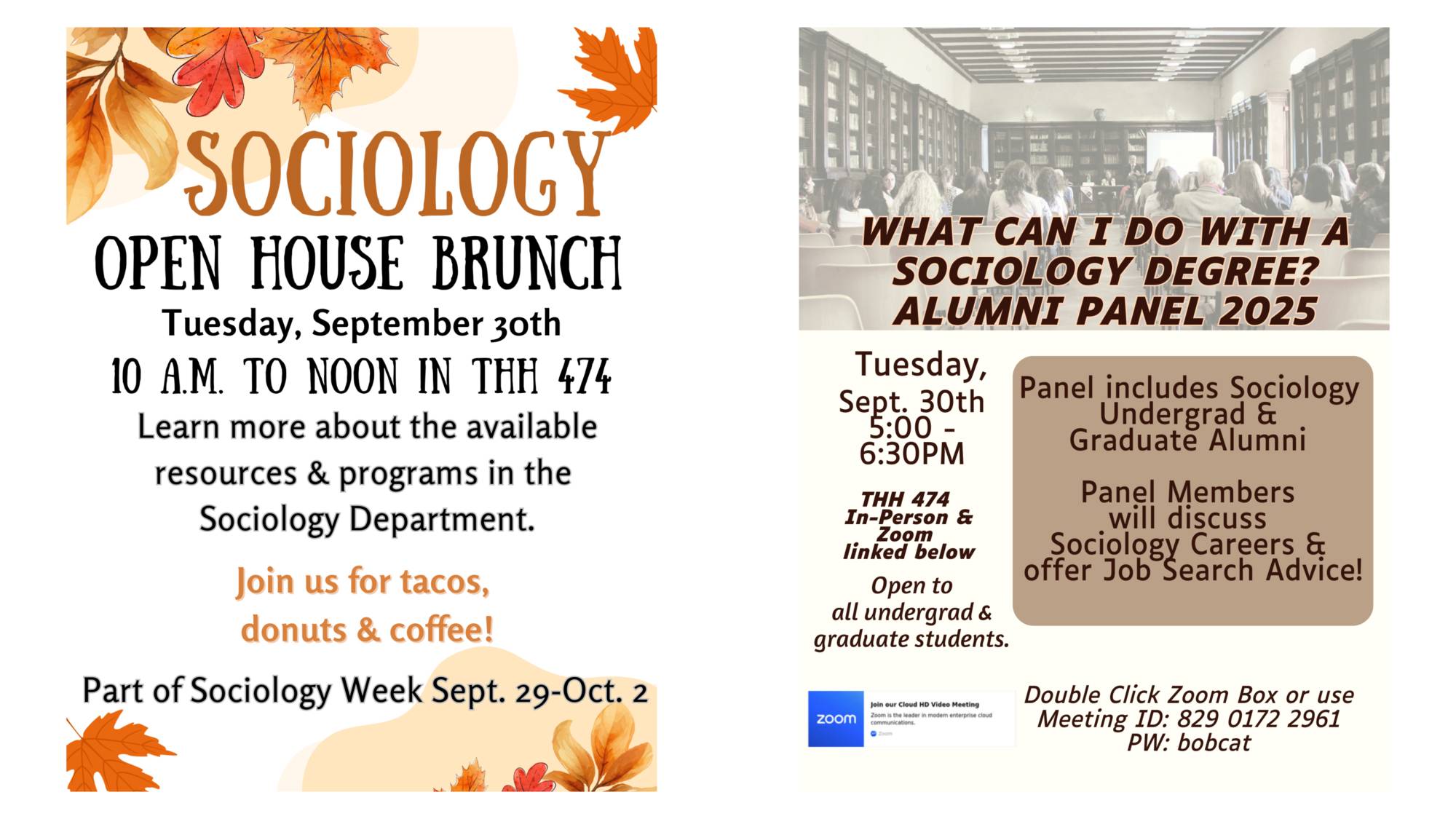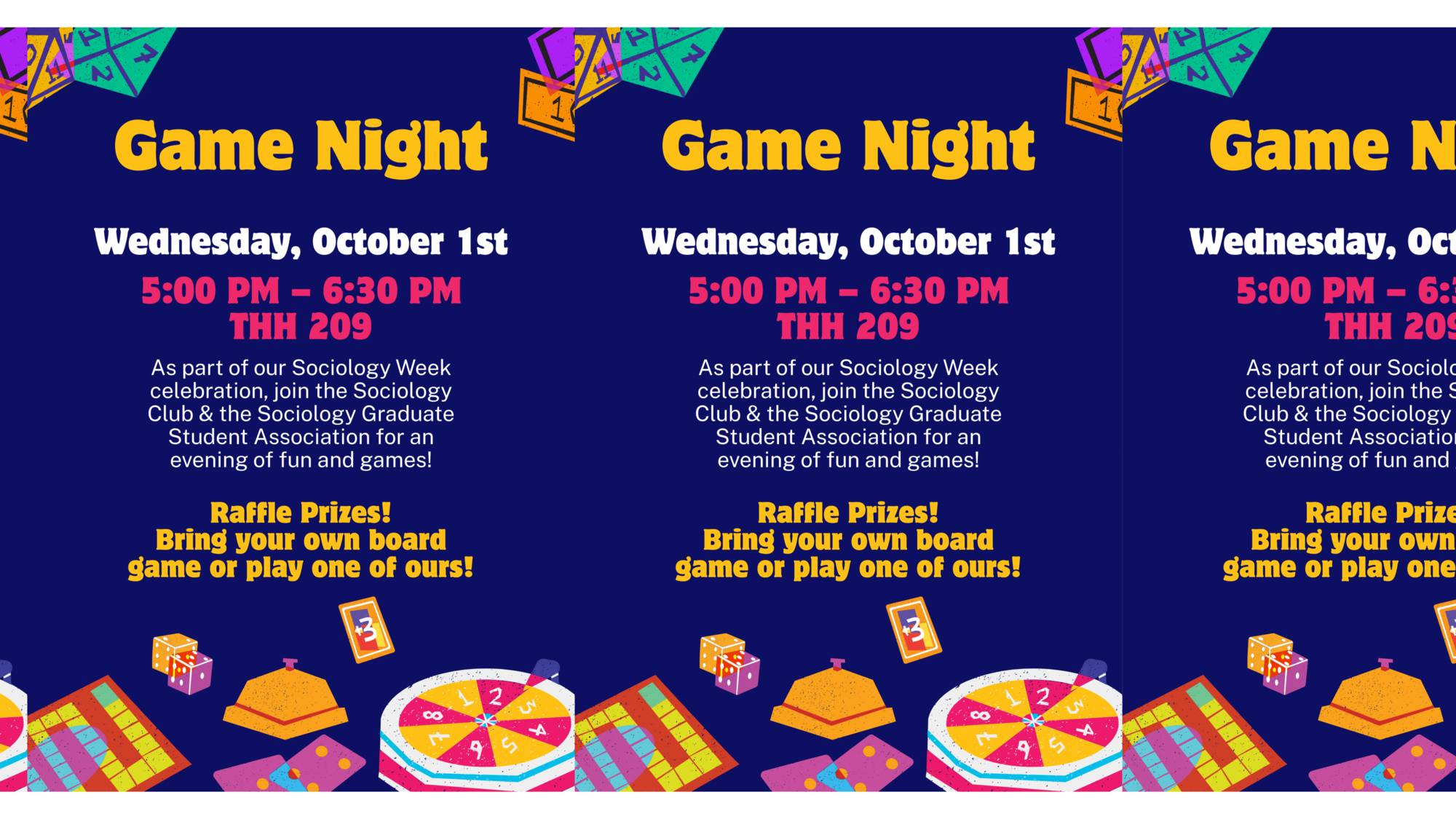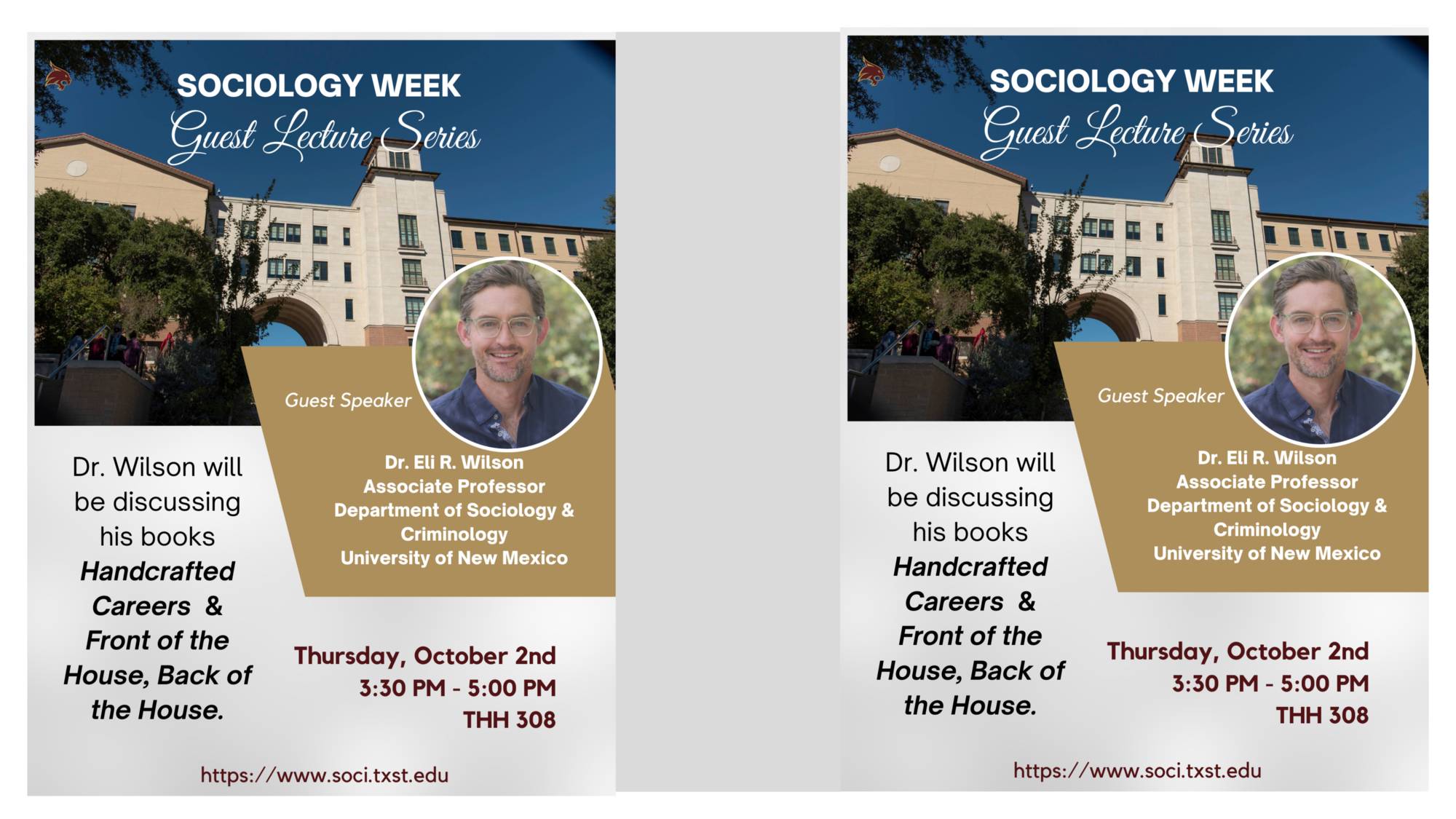What is Sociology?
Sociology is the study of human society, social relationships, and the patterns that shape everyday life. Sociologists explore how people interact, how communities function, and how institutions influence behavior. Through careful observation, research, and analysis, sociologists examine the structures and dynamics that guide social life — from family and health to politics and culture. With the goal of making the world a better place, sociologists seek to understand the forces that shape our experiences and use that knowledge to promote positive change.
The Sociology Connection - Calendar of Events
The Sociology Connection is a series of events designed to bring students, faculty, and the community together to discuss and confront some of the most challenging issues facing society today. We welcome anyone who wants to learn more about social issues and become more fully engaged in efforts to improve society.
